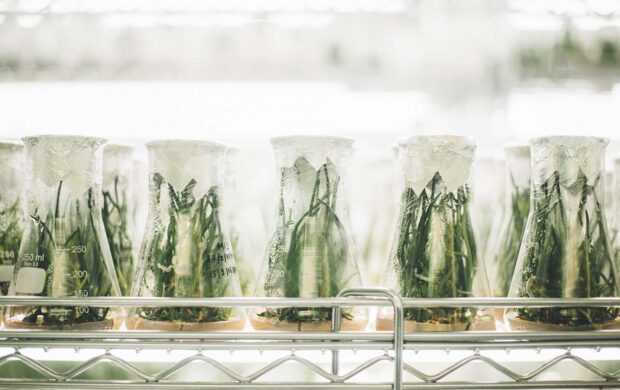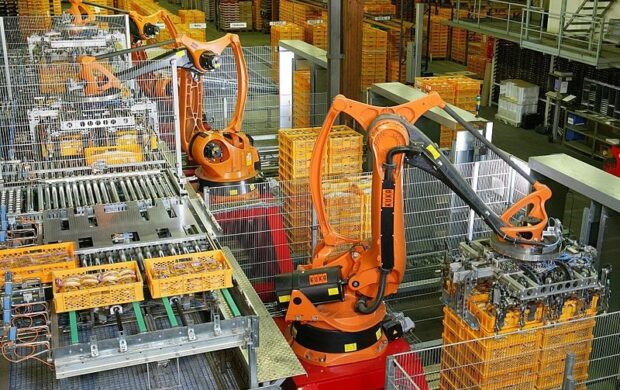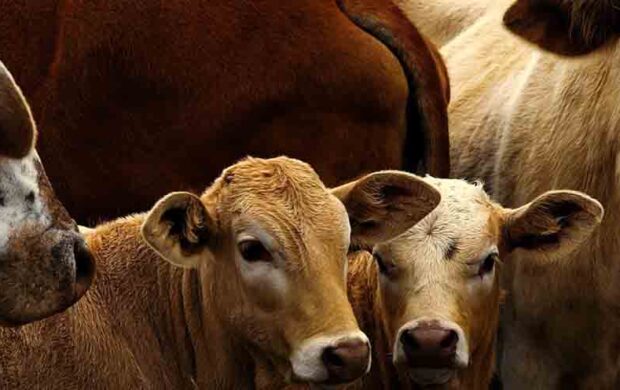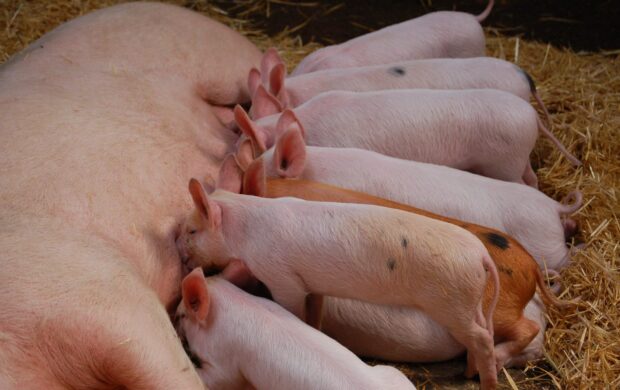From an environmental perspective, cows are costly to feed and raise, tanning their hides is toxic, and of course many see their slaughter as cruel. Yet as consumers we’re addicted to the luxurious feel and durability of our leather.
There have been biotech attempts to take cattle farming out of leather production and replace it with a more sustainable alternative. And for a long time synthetics have been used as a leather replacement. Now Mycoworks is using a biotech process to grow leather from mycelium, the dense root structure of mushrooms. Mycoworks turn mycelium and agricultural byproducts into leather.“It’s actually the skin of the mushroom.” Mycelia are grown under varying conditions and the resulting fungal mat is tanned.
From an environmental perspective this carbon neutral leather offers a smaller environmental footprint than cow leather, it requires less energy and is biodegradable.







